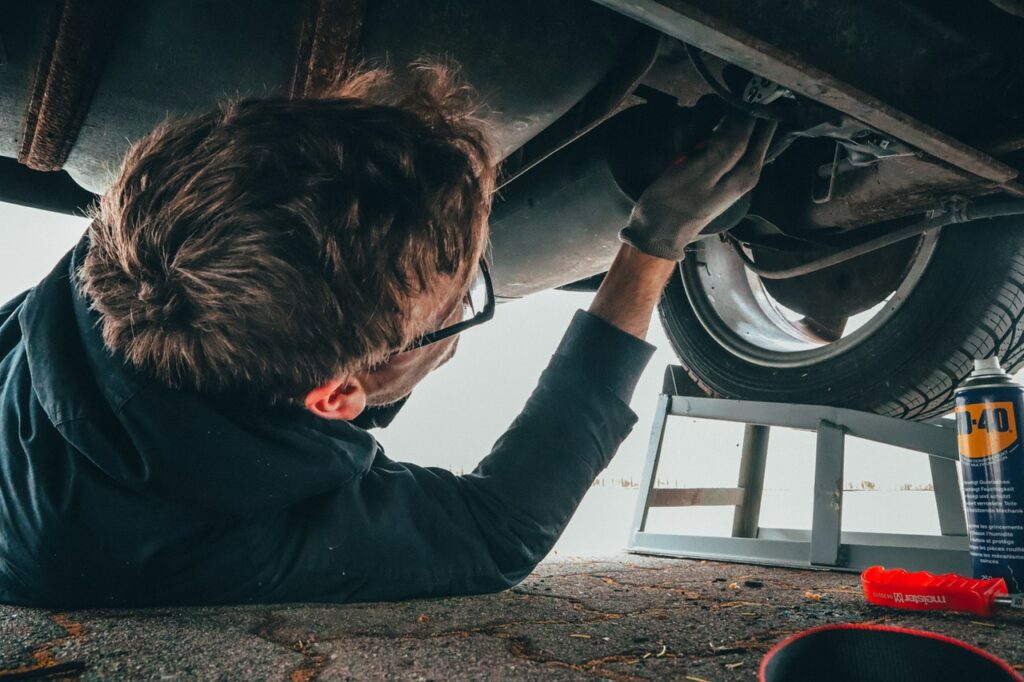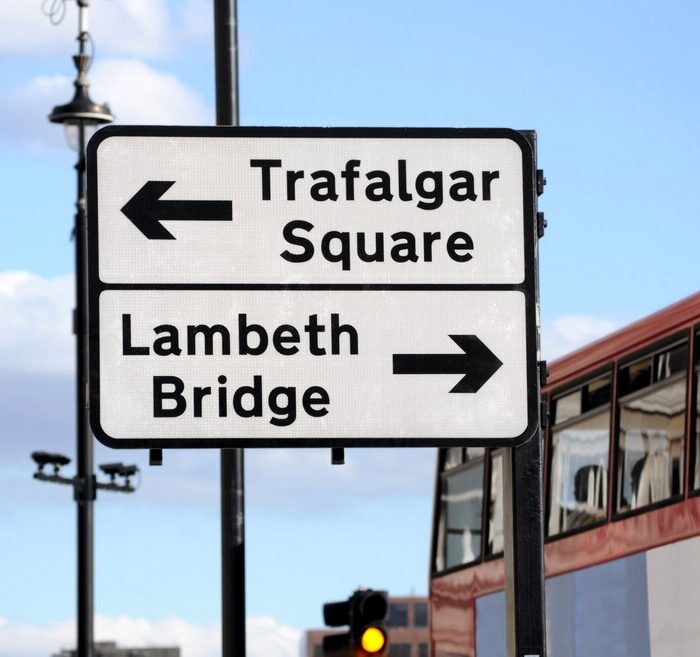If you hear squeaking sounds while driving, it means something is wrong. In this article, you will learn why such problems occur and what to do about it.
Why is there a squeaking sound in a car?
Knocking and squeaking in a car can be caused by worn V-belts or brake pads. However, it can also indicate more serious problems with a suspension and power steering, which require expert diagnostics to avoid breakdowns.
It is important to pay attention to strange squeaking sounds in your car and not ignore them.
Remember that you are legally responsible for maintaining your car in proper working order.
When you hear a particular sound, try to remember exactly when it occurs. For example, when you turn on the ignition. While the car is idling. When accelerating or turning. Or on bumps.
Why does a car make squeaking noises?
The most common causes of squeaking sounds in a car:
- Problem with a poly-V belt
- Worn generator bearings
- Cambelt or coolant pump pulley
- Accessory or V-belt, closer to its edge
- Brake pads need to be replaced
- Problems with a power steering system
- Suspension problems
- A steering wheel body rubs against an inner rim
- Worn tires
Squeaking when the ignition is turned on
This is not the sound you want to hear at the beginning of the journey. However, if you hear a squeak when the ignition is turned on, there may be two reasons for this: a V-belt slip or pulley skewness and wear. Replacement is the best solution to these problems.
The V-belt drives an air conditioner, power steering, alternator, fan, and occasionally a water pump. If squeaking is due to a problem with the belt, it usually means that either you are using a worn belt, worn bearings, or there is a problem with the belt tension force.
A belt that is too loose or too tight can also cause a squeak. In addition, a belt tightening pulley, which provides the correct degree of pressure on the belt, can also be to blame. If the tension is weak, the belt may slip and thus make squeaking sounds.
This may be due to a slight wear of a coil, also called a drive belt. In this case, it will need to be replaced. Tip for this case: replace the belt if the vehicle has a service life of more than 5 years or mileage of more than 50,000 miles. You can also look in the user manual and see the optimal time for replacement.
A generator pulley squeaks
A car has pulleys for air conditioning, power steering, idling, tensioning, and alternator, and they all have bearings that, in the event of a malfunction, can cause the pulley to vibrate, which can cause a squeak.
As well as the displacement of the pulley or its wear. The belt on the pulleys is designed to work directly, if it swings from side to side on any of the pulleys, it can cause squeaking.
A competent mechanic will determine which part needs to be replaced.
Squeak near a cambelt
A cambelt (also called a timing belt) is an important component that provides synchronized rotation of the crankshaft and the camshaft.
In the user’s manual, you can find information about how often you need to change this part, because, like all belts, this one is also subject to wear.
A squeak may indicate that the belt is loose and it’s time to replace it. A damaged cambelt can lead to other collateral damage, and repairs can be costly.
Squeak from a coolant pump pulley
According to mechanics, sometimes the squeaking that seems to come from the area around the timing belt can also indicate a malfunction of the coolant pump pulley or the transfer of noise due to the slipping of the serpentine belt.
Poor-quality bearings on the coolant pump pulley will make noise. Ultimately, they can fail and cause the engine to overheat, which will incur significant costs.
A squeak that sounds similar to the one coming from the timing belt may also indicate that the coil or the V-belt is slipping, and the noise is transmitted to the timing belt.
Squeaking when accelerating or braking
If a squeak is heard in the vehicle during acceleration or braking, it may be necessary to carefully check the V-belt or ribbed V-belt for cracks or fissures.
The V-belt drives all the auxiliary units of the car, and if it fails, the car will break down.
Knocks when brakes are applied
The first sign that the brake pads need to be replaced is usually a squeak or scrape when the brakes are applied. When the brake pads are thinned due to tear wear, they make such a noise.
This critical component, according to the Car and Driver portal, is considered “part of normal wear and tear.” See the user manual for information on the frequency of brake pads replacement.
When it comes to car maintenance, there are important and critical parts. Brake pads are of primary importance.
Some cars are equipped with brake pad sensors located on the dashboard. They’ll alert you when it’s time to replace them. Otherwise, consider this sound as a warning signal.

Squeaking when turning a steering wheel
Squeaking when turning can be caused by a problem in the steering system and signal its failure. A dangerous situation is when the power steering fails while driving.
Any of the components of the power steering system, whether it is the steering gear, pump or hose, can affect its operation. Contact a qualified mechanic to determine the exact cause of the problem.
If the fluid level in the power steering is low or the fluid is dirty, you may hear a squeak. Power steering fluid plays a key role in the lubrication of the power steering system, and leakage or contamination is bound to cause noise.
If the car is new, and the squeak is heard when turning, this may be due to the friction of the steering wheel body on the inner trim, which leads to its wear. Most often this happens in the summer, as the metal expands under the influence of high temperatures and fills the gap between the interior trim. Contact an experienced mechanic with this problem.
Squeaking when turning
If there is a knock in the car and it moves to the side when turning, there may be several reasons for this:
- uneven tread pattern
- poorly inflated tires
- incorrect adjustment
According to the law, you are required to perform tire maintenance, as this affects traffic safety, as well as car insurance in the event that faulty tires cause an accident.
Michelin experts advise you to check your tires regularly to avoid wear and tear. Replace the tires after five years. In addition, don’t forget to check the tire pressure (every 2-3 weeks).
Sometimes the noise may be caused by the friction of the tires on the road surface. According to the Tyre Shopper portal, this is a common occurrence. However, if the tires make a strange noise, it is necessary to consult a specialist.
Squeaking sounds from a suspension
Suspension squeaks in your vehicle may indicate a more serious problem.
The suspension system absorbs shocks, wheel vibrations due to bumps and imperfections, such as potholes on the road, which ensures a smooth ride.
If the reason for the squeaking is the suspension system, it can be caused by the wear of any of its components – from springs, shock absorbers to worn ball joints and bushings, as well as insufficient lubrication.
Regular maintenance — protection against squeaking
If you know the reasons for the strange sounds that your car makes, you can fix them yourself or seek help from a specialist.

Perform regular maintenance to ensure the safety and reliability of your car.

Published April 22, 2021 • 6m to read






